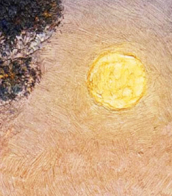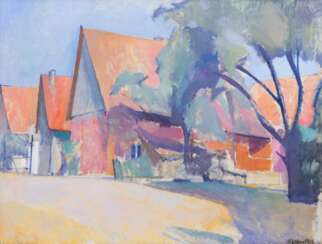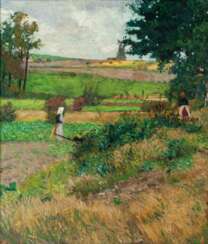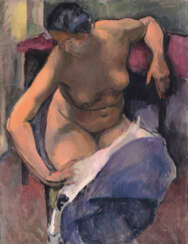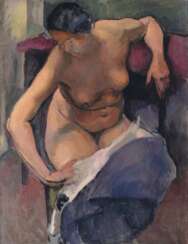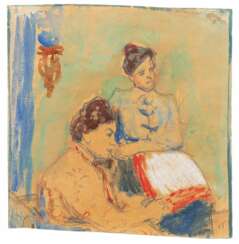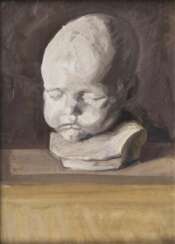Franz Nölken (1884 - 1918) — Auction price
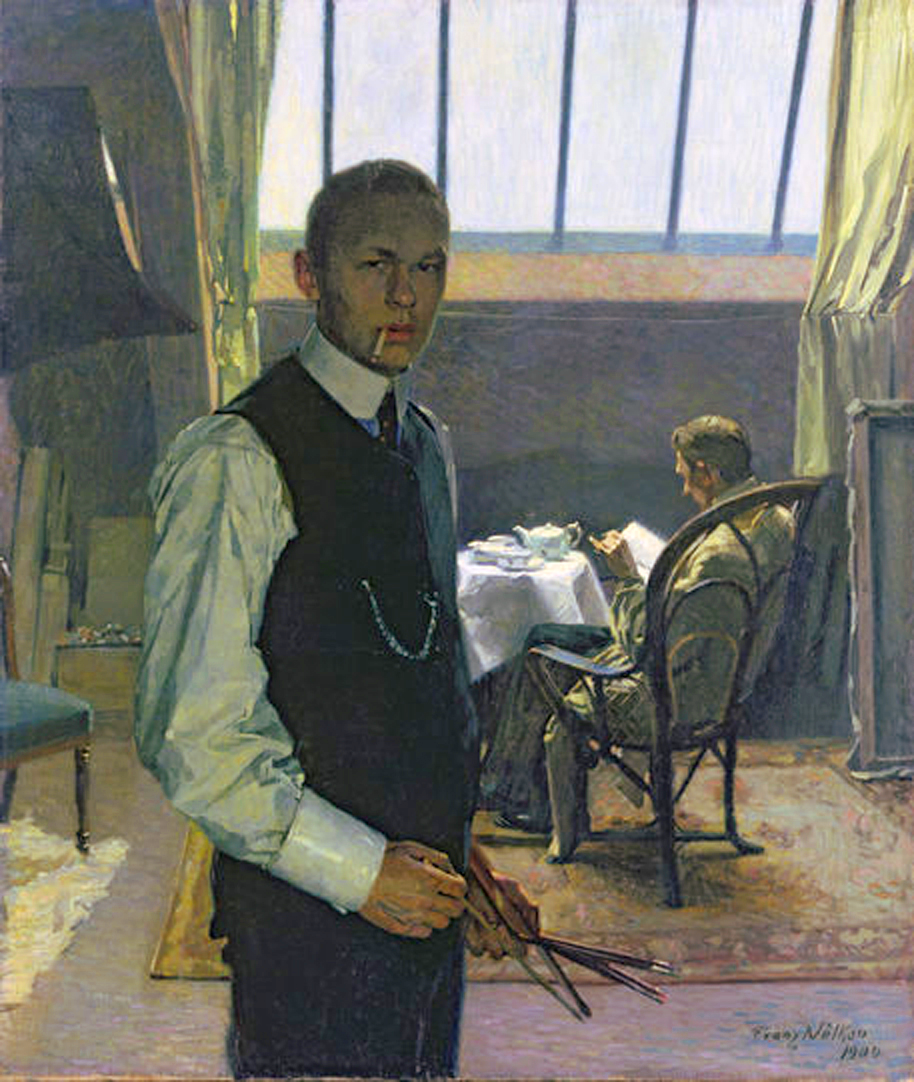
Franz Nölken was a German painter of the early twentieth century. He is known as a painter and a member of the Bridge art group, which became the founder of German Expressionism.
Franz Nölken, mastering a variety of techniques including oil, pastel and watercolor, excelled in portrait painting, as well as creating landscapes and still lifes. His work is characterized by virtuoso drawing and a desire to simplify his pictorial media. Conscripted during World War I, Nölken died in northern France just before the end of the war. He left an important mark on the history of Expressionism.
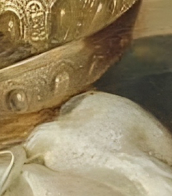

Franz Nölken was a German painter of the early twentieth century. He is known as a painter and a member of the Bridge art group, which became the founder of German Expressionism.
Franz Nölken, mastering a variety of techniques including oil, pastel and watercolor, excelled in portrait painting, as well as creating landscapes and still lifes. His work is characterized by virtuoso drawing and a desire to simplify his pictorial media. Conscripted during World War I, Nölken died in northern France just before the end of the war. He left an important mark on the history of Expressionism.


Franz Nölken was a German painter of the early twentieth century. He is known as a painter and a member of the Bridge art group, which became the founder of German Expressionism.
Franz Nölken, mastering a variety of techniques including oil, pastel and watercolor, excelled in portrait painting, as well as creating landscapes and still lifes. His work is characterized by virtuoso drawing and a desire to simplify his pictorial media. Conscripted during World War I, Nölken died in northern France just before the end of the war. He left an important mark on the history of Expressionism.


Franz Nölken was a German painter of the early twentieth century. He is known as a painter and a member of the Bridge art group, which became the founder of German Expressionism.
Franz Nölken, mastering a variety of techniques including oil, pastel and watercolor, excelled in portrait painting, as well as creating landscapes and still lifes. His work is characterized by virtuoso drawing and a desire to simplify his pictorial media. Conscripted during World War I, Nölken died in northern France just before the end of the war. He left an important mark on the history of Expressionism.


Franz Nölken was a German painter of the early twentieth century. He is known as a painter and a member of the Bridge art group, which became the founder of German Expressionism.
Franz Nölken, mastering a variety of techniques including oil, pastel and watercolor, excelled in portrait painting, as well as creating landscapes and still lifes. His work is characterized by virtuoso drawing and a desire to simplify his pictorial media. Conscripted during World War I, Nölken died in northern France just before the end of the war. He left an important mark on the history of Expressionism.
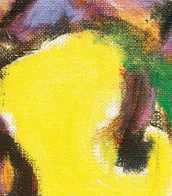

Franz Nölken was a German painter of the early twentieth century. He is known as a painter and a member of the Bridge art group, which became the founder of German Expressionism.
Franz Nölken, mastering a variety of techniques including oil, pastel and watercolor, excelled in portrait painting, as well as creating landscapes and still lifes. His work is characterized by virtuoso drawing and a desire to simplify his pictorial media. Conscripted during World War I, Nölken died in northern France just before the end of the war. He left an important mark on the history of Expressionism.
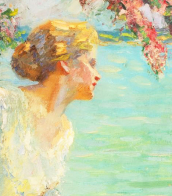

Franz Nölken was a German painter of the early twentieth century. He is known as a painter and a member of the Bridge art group, which became the founder of German Expressionism.
Franz Nölken, mastering a variety of techniques including oil, pastel and watercolor, excelled in portrait painting, as well as creating landscapes and still lifes. His work is characterized by virtuoso drawing and a desire to simplify his pictorial media. Conscripted during World War I, Nölken died in northern France just before the end of the war. He left an important mark on the history of Expressionism.
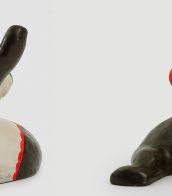

Franz Nölken was a German painter of the early twentieth century. He is known as a painter and a member of the Bridge art group, which became the founder of German Expressionism.
Franz Nölken, mastering a variety of techniques including oil, pastel and watercolor, excelled in portrait painting, as well as creating landscapes and still lifes. His work is characterized by virtuoso drawing and a desire to simplify his pictorial media. Conscripted during World War I, Nölken died in northern France just before the end of the war. He left an important mark on the history of Expressionism.
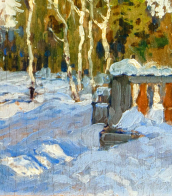

Franz Nölken was a German painter of the early twentieth century. He is known as a painter and a member of the Bridge art group, which became the founder of German Expressionism.
Franz Nölken, mastering a variety of techniques including oil, pastel and watercolor, excelled in portrait painting, as well as creating landscapes and still lifes. His work is characterized by virtuoso drawing and a desire to simplify his pictorial media. Conscripted during World War I, Nölken died in northern France just before the end of the war. He left an important mark on the history of Expressionism.
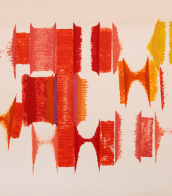

Franz Nölken was a German painter of the early twentieth century. He is known as a painter and a member of the Bridge art group, which became the founder of German Expressionism.
Franz Nölken, mastering a variety of techniques including oil, pastel and watercolor, excelled in portrait painting, as well as creating landscapes and still lifes. His work is characterized by virtuoso drawing and a desire to simplify his pictorial media. Conscripted during World War I, Nölken died in northern France just before the end of the war. He left an important mark on the history of Expressionism.
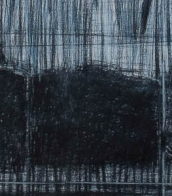

Franz Nölken was a German painter of the early twentieth century. He is known as a painter and a member of the Bridge art group, which became the founder of German Expressionism.
Franz Nölken, mastering a variety of techniques including oil, pastel and watercolor, excelled in portrait painting, as well as creating landscapes and still lifes. His work is characterized by virtuoso drawing and a desire to simplify his pictorial media. Conscripted during World War I, Nölken died in northern France just before the end of the war. He left an important mark on the history of Expressionism.
